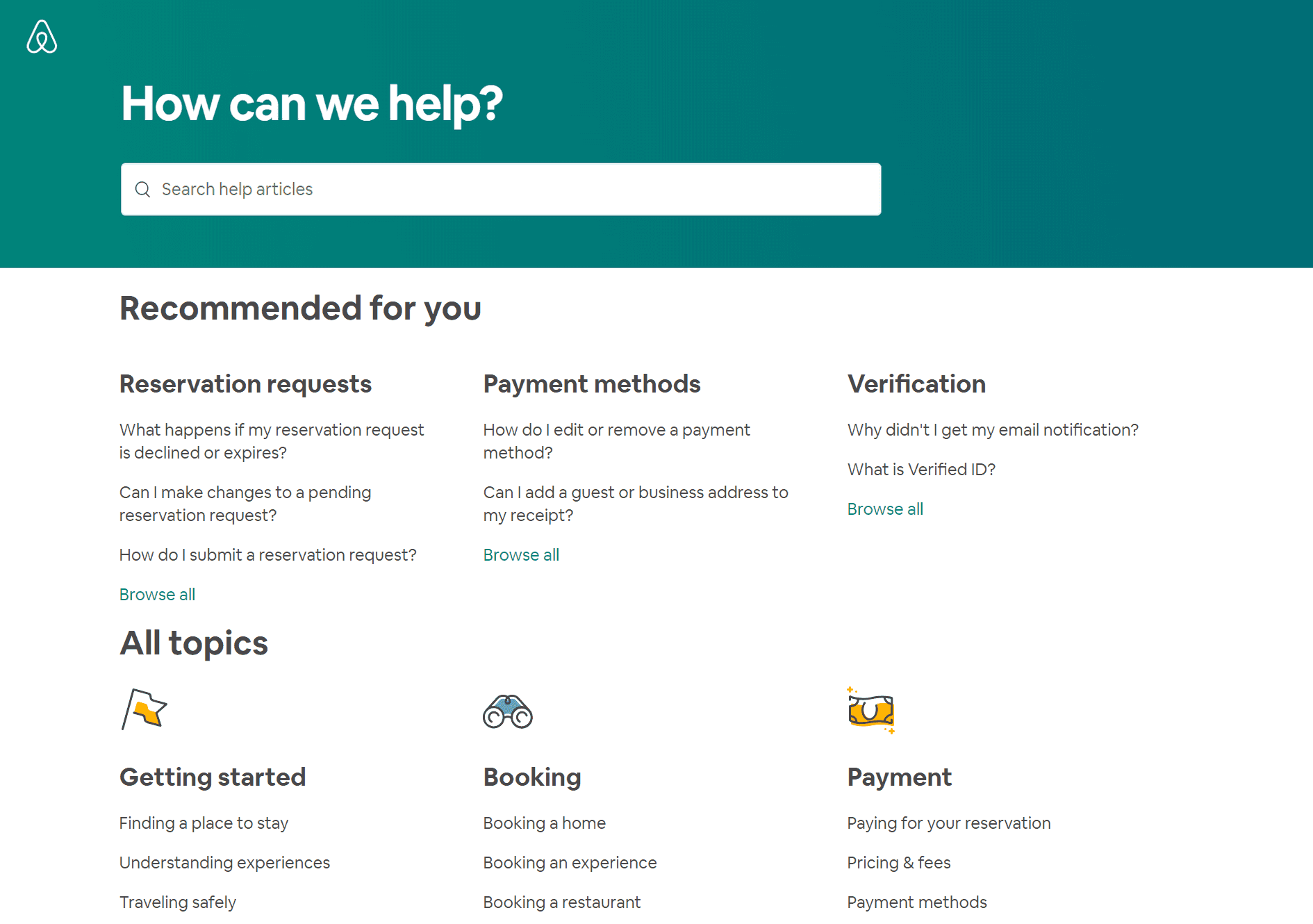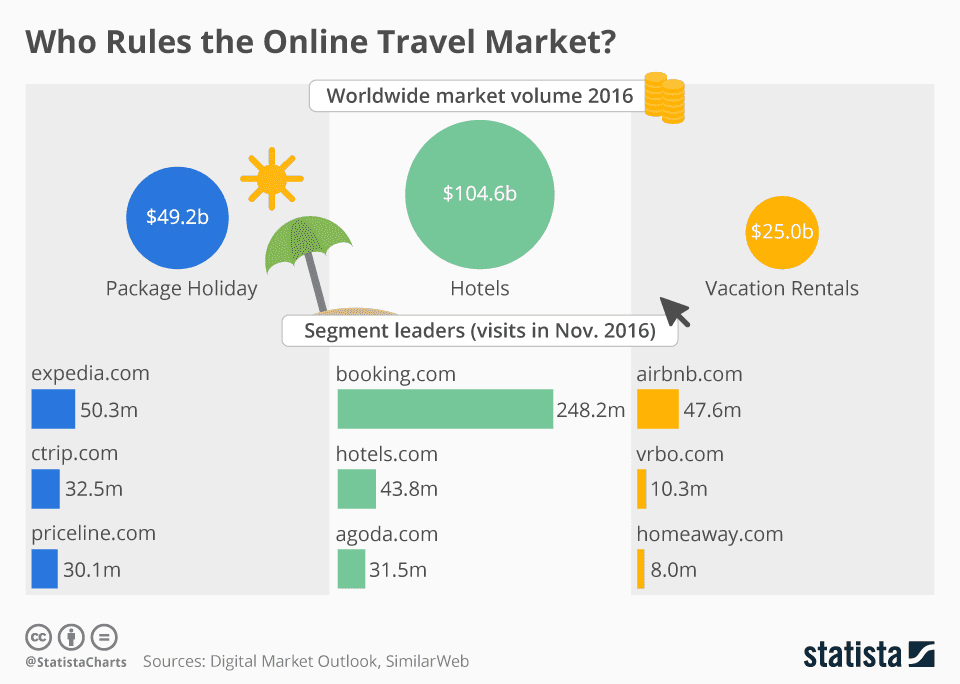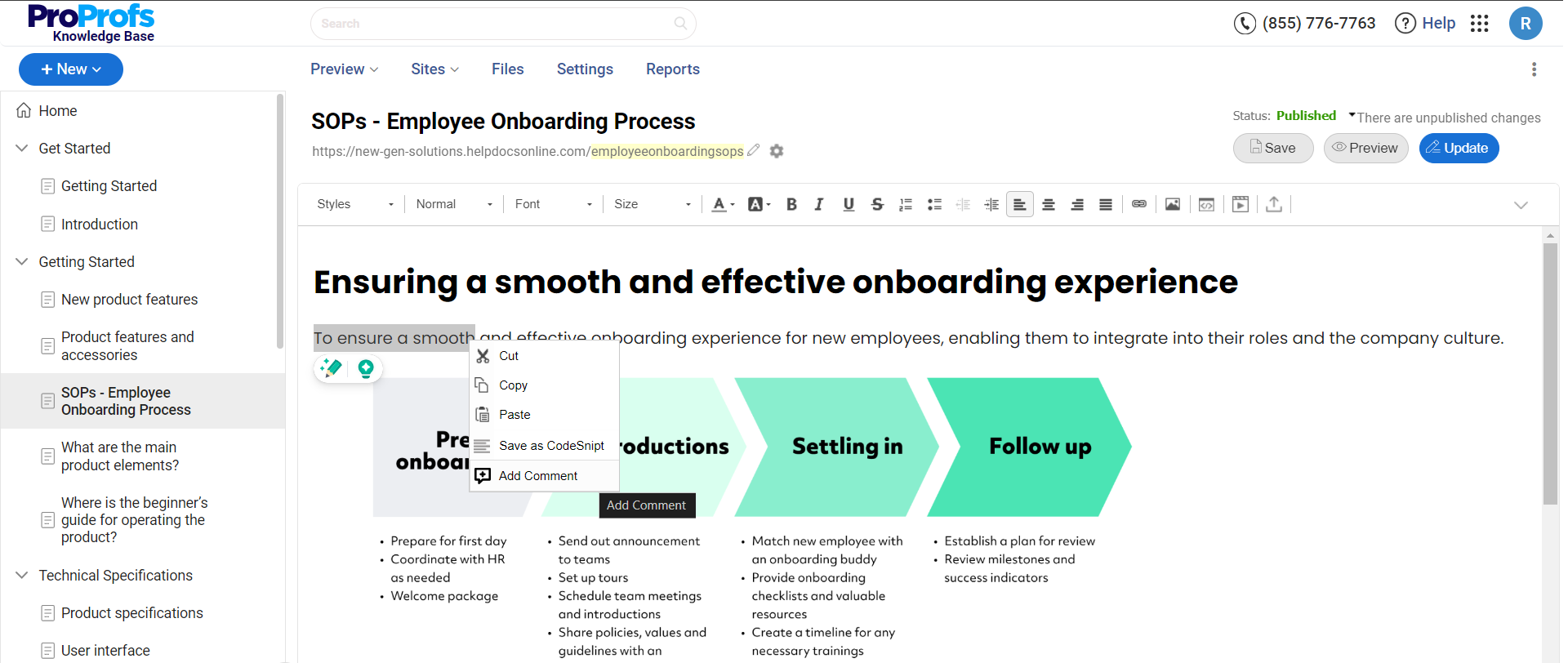A few years ago, my parents paid frequent visits to offices of travel agents to finalize our annual holiday destination and plan the itinerary. Now when I look back, I realize how tedious and time-consuming it was, right from zeroing in on a travel destination and booking tickets to choosing a hotel and planning the entire vacation.
Today, I can observe a huge difference in the way we travel. The travel landscape has changed drastically, with people being able to find travel-related information online instantly. They are spoilt for choice as every information they need is visible right there on their screens. Thanks to the technology revolution, all of this became plausible.
The online travel market is experiencing a boom across the world, with more and more people preferring to go the online route to seal their travel plans. Online travel marketers are riding this wave, but a lot still needs to be done given the rising expectations of millennial travelers.
Walking an extra mile is essential to cater to the well-traveled and well-heeled customers who seek instant gratification coupled with a seamless experience. The importance of an online travel knowledge base cannot be ignored when it comes to achieving this. It is something that can give travel entrepreneurs an edge over the competition, thus helping them surpass their competitors.
Read More: Top 15 Knowledge Base Software and Tools
Travel Knowledge Base – A Prerequisite or An Option?
Nowadays, you can access every tidbit of information about destinations, flights, hotels, car bookings, etc., but the question is what else do you have on your plate that can satisfy your customers? Creating an FAQ section that solves every query of your customers in a moment’s notice and gives them an excellent information-gathering experience can be a gamechanger for you in an intensely competitive market.
To be honest, it’s no more an option especially for travel agencies that are looking for creating unforgettable experiences for customers. A web-based travel AI knowledge base in the form of FAQs embedded in your website has now become a necessity. If you don’t have it, your existence in the online space is now questionable.
Check the online portals of the likes of Goibibo, Airbnb, Expedia, etc., and you will be amazed to see their comprehensive FAQs and well-structured websites.

Travelers today are well informed and hence, their demands are increasing steadily. Scheduling a sudden trip is very common, and when they have to reach out to the support staff of a travel website to address their concerns, frustration builds up as a result of which, they might even end up abandoning a website.
Self-service on information has gained acceptance from customers across the globe. First, because it’s easy and provides instant results and second because it saves them from those long phone calls with support agents. It’s only obvious that including a self-service option on your travel website can bring about a considerable change in the way travelers perceive you. You will not just earn their trust and loyalty but also build a bond that transcends boundaries.
Key Benefits of a Travel Knowledge Base
- Keeps customers updated on anything new you are coming up with
- Solves their travel queries quickly
- Prevents confusion and frustration
- Gives relief to your support staff as basic issues get resolved at the customers’ end itself
- Provides customers with a detailed account of how to go about planning their vacation
Tech and Travel
Today, technology and travel go hand in hand with each other. According to Statista, online travel booking has increased in the United States. Between the spring of 2008 and the spring of 2016, the number of internet users who booked their travel reservations online increased from around 40.6 million to 64 million.
Statista’s Digital Market Outlook states that the global online travel booking segment is truly huge. The worldwide market volume for online hotel bookings alone is estimated to exceed $100 billion this year, with package holiday and vacation rental companies such as Airbnb adding another $75 billion in annual revenues.

This data serves as a testimony to the ever-enlarging online travel & tourism landscape, which means that a large number of startups will be joining this battlefield in the years to come. Many entrepreneurs have already taken the plunge, and many will be foraying into it soon, but only the fittest ones will be able to survive. By fit here, I mean those that embrace technology and leverage it to be innovative, smart and fore-sighted and to provide an enhanced experience to travelers. Moreover, technology should be utilized wisely to engage with customers and assist them throughout the travel lifecycle.
Final Thoughts
The technological advancements in recent years have brought a sea change in the way we travel. Be it planning for a trip to the quaint Netherlands, ancient Rome or romantic Venice, all we need to do is, take out our uber-smart smartphones, turn on the wifi, explore and plan our vacay on-the-go. People are doing exactly the same today and to make sure that they get good experiences, you need to have a perfect combination of a comprehensive knowledge base , well-designed website and facts-backed information that can help them make better choices.
 Tips
Tips
We’d love to hear your tips & suggestions on this article!
FREE. All Features. FOREVER!
Try our Forever FREE account with all premium features!

 We'd love your feedback!
We'd love your feedback! Thanks for your feedback!
Thanks for your feedback!







